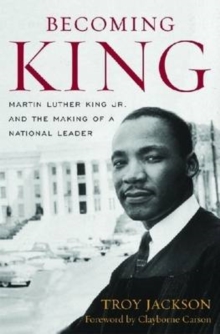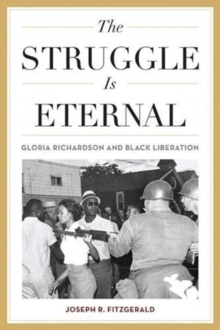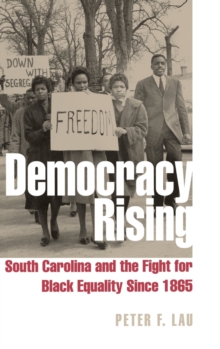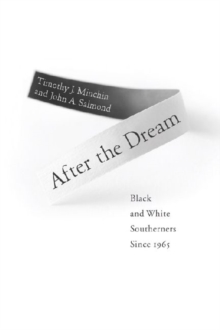
The Struggle Is Eternal : Gloria Richardson and Black Liberation EPUB
by Joseph R. Fitzgerald
Part of the Civil Rights and the Struggle for Black Equality in the Twentieth Century series
EPUB
Description
Many prominent and well-known figures greatly impacted the civil rights movement, but one of the most influential and unsung leaders of that period was Gloria Richardson. As the leader of the Cambridge Nonviolent Action Committee (CNAC), a multifaceted liberation campaign formed to target segregation and racial inequality in Cambridge, Maryland, Richardson advocated for economic justice and tactics beyond nonviolent demonstrations. Her philosophies and strategies -- including her belief that black people had a right to self--defense -- were adopted, often without credit, by a number of civil rights and black power leaders and activists.
The Struggle Is Eternal: Gloria Richardson and Black Liberation explores the largely forgotten but deeply significant life of this central figure and her determination to improve the lives of black people. Using a wide range of source materials, including interviews with Richardson and her personal papers, as well as interviews with dozens of her friends, relatives, and civil rights colleagues, Joseph R. Fitzgerald presents an all-encompassing narrative. From Richardson's childhood, when her parents taught her the importance of racial pride, through the next eight decades, Fitzgerald relates a detailed and compelling story of her life. He reveals how Richardson's human rights activism extended far beyond Cambridge and how her leadership style and vision for liberation were embraced by the younger activists of the black power movement, who would carry the struggle on throughout the late 1960s and into the 1970s.
Information
-
Download - Immediately Available
- Format:EPUB
- Pages:360 pages
- Publisher:The University Press of Kentucky
- Publication Date:24/10/2018
- Category:
- ISBN:9780813176543
Other Formats
- Paperback / softback from £25.35
- Hardback from £36.00
- PDF from £108.00
Information
-
Download - Immediately Available
- Format:EPUB
- Pages:360 pages
- Publisher:The University Press of Kentucky
- Publication Date:24/10/2018
- Category:
- ISBN:9780813176543










